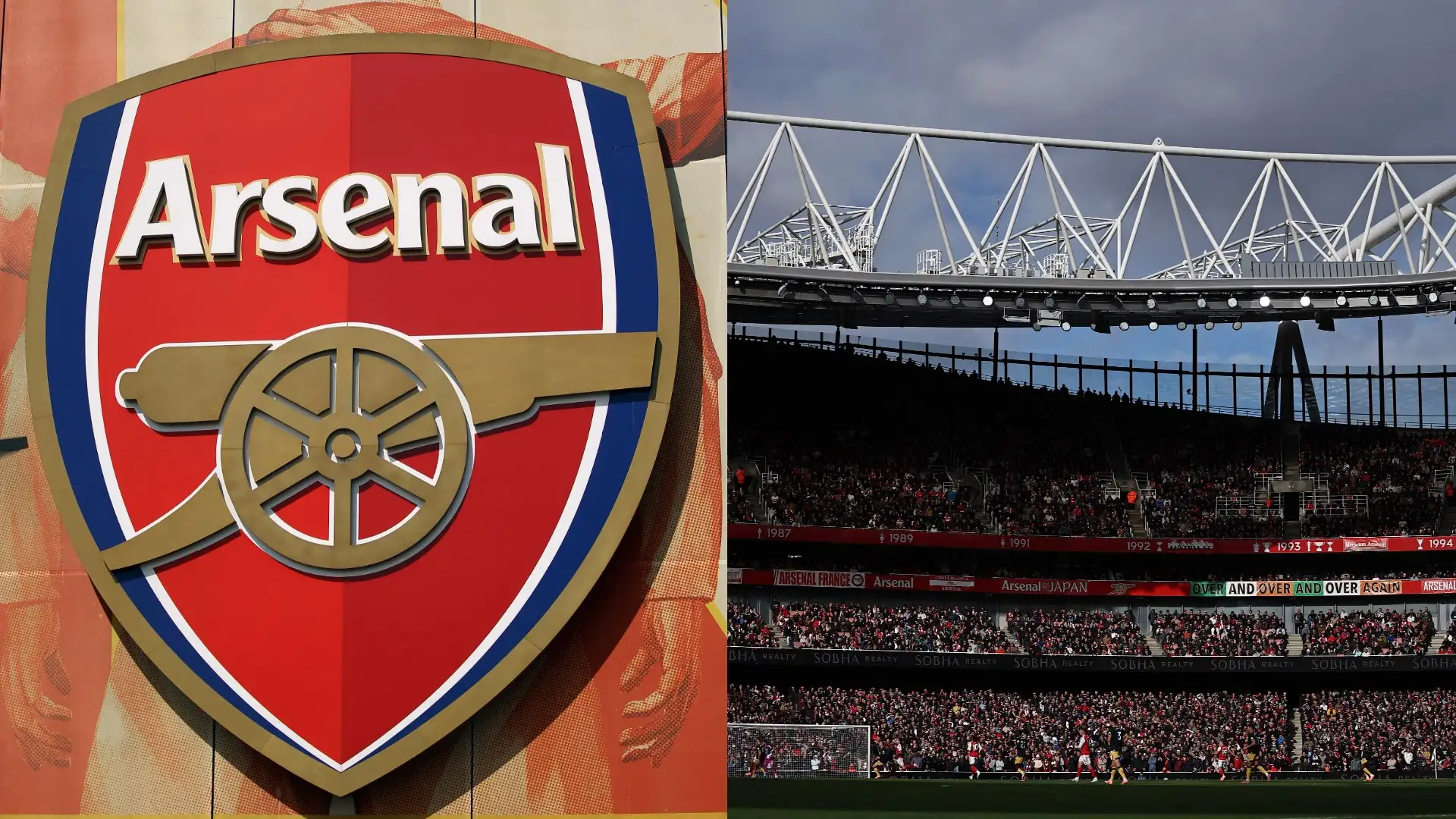
Cash Boost for Arsenal! Gunners Line Up Lucrative Emirates Stadium Deal as Club Plan for Expansion and Two Years at Wembley
Arsenal set for major financial windfall as Emirates redevelopment gathers momentum and Wembley emerges as temporary home option
It’s shaping up to be a defining moment in Arsenal’s modern era — a time when the club’s commercial vision, infrastructure ambitions, and footballing resurgence all seem to align. The Gunners are preparing for what insiders describe as a “record-breaking” financial boost, with a lucrative new Emirates Stadium deal in the works and ambitious expansion plans that could see the team relocate temporarily to Wembley Stadium.
After years of cautious financial management and steady progress under Mikel Arteta, the North London giants are now in a position to think big again — and this time, it’s not just about transfers or trophies. It’s about long-term legacy and revenue power.
Arsenal Set for Cash Boost with Emirates Redevelopment
Arsenal are on the brink of securing a significant cash injection as they prepare to renegotiate their long-standing food and beverage partnership at the Emirates Stadium. The current 20-year deal with Delaware North, which dates back to the stadium’s opening in 2006, is due to expire next summer — giving the club an opportunity to modernise and maximise one of its most valuable matchday assets.
According to reports in The Sun, Arsenal are already in talks with multiple hospitality firms, with early projections suggesting the new agreement could add at least £10 million annually to the club’s matchday income — roughly an extra £500,000 per home game.
That may not sound like a windfall on the scale of TV rights or Champions League prize money, but in the ultra-competitive world of Premier League economics, every incremental gain matters. It’s the type of structural uplift that can underpin sustainable spending, not just short-term splurges.
In their 2023–24 financial year, Arsenal posted record revenues of £616.6 million, with £132 million generated directly from matchday activities — a figure that includes tickets, hospitality, and in-stadium spending. With the Emirates consistently selling out and Champions League nights back on the fixture list, Arsenal’s hierarchy sees this as the perfect time to push their commercial potential even further.
This move, insiders say, forms part of Kroenke Sports & Entertainment’s broader strategy to “reimagine” the matchday experience — blending modern amenities with Arsenal’s unique culture to create a more immersive, higher-spending environment.
The End of the Delaware North Era
The expiration of the Delaware North contract marks the end of an era — and the start of a rare opportunity. When Arsenal first moved into the Emirates in 2006, the club was operating under significant debt from stadium construction costs. That financial strain limited their bargaining power, forcing them into a long-term catering deal that, while stable, soon became outdated as the football industry evolved.
Nearly two decades later, Arsenal are in a much stronger position — debt-free, globally popular, and back at the top table of European football. A new, more flexible deal could allow the Gunners to partner with multiple vendors and expand hospitality options, creating everything from premium lounges to fan-driven food zones.
Modern football clubs are no longer just sports institutions — they’re entertainment ecosystems. And Arsenal want the Emirates to reflect that shift. Expect a future of branded restaurants, interactive fan spaces, and VIP hospitality experiences designed to rival the likes of Tottenham’s sleek new stadium and Manchester City’s corporate boxes.
Expansion Dreams: From 60,000 to 80,000
While the catering deal provides a short-term boost, the bigger story lies in Arsenal’s long-term stadium expansion ambitions. Sources close to the club confirm that feasibility studies are underway to explore increasing the Emirates’ capacity from 60,704 to between 70,000 and 80,000.
That’s not a minor adjustment — it’s a transformational leap that could re-establish Arsenal as one of Europe’s biggest venues.
However, the potential costs are enormous. Industry estimates suggest a full-scale expansion could exceed £500 million, requiring structural reconfiguration and significant logistical coordination. To facilitate the works, Arsenal could be forced to play up to two seasons at Wembley Stadium — echoing Tottenham’s temporary move during their own rebuild.
While a Wembley relocation would come with challenges — higher rental fees, scheduling complexities, and fan frustration — it could also present commercial advantages. Wembley’s capacity of 90,000 would allow Arsenal to maintain, or even increase, matchday income during the renovation period.
Still, insiders caution that a full expansion remains a long-term vision, not an immediate project. The club’s current focus is on incremental enhancements, such as reconfiguring corporate boxes into open hospitality areas. This smaller-scale option could boost capacity by around 2,000 seats for roughly £100 million, offering a practical balance between ambition and financial prudence.
Arsenal and Their History with the Emirates
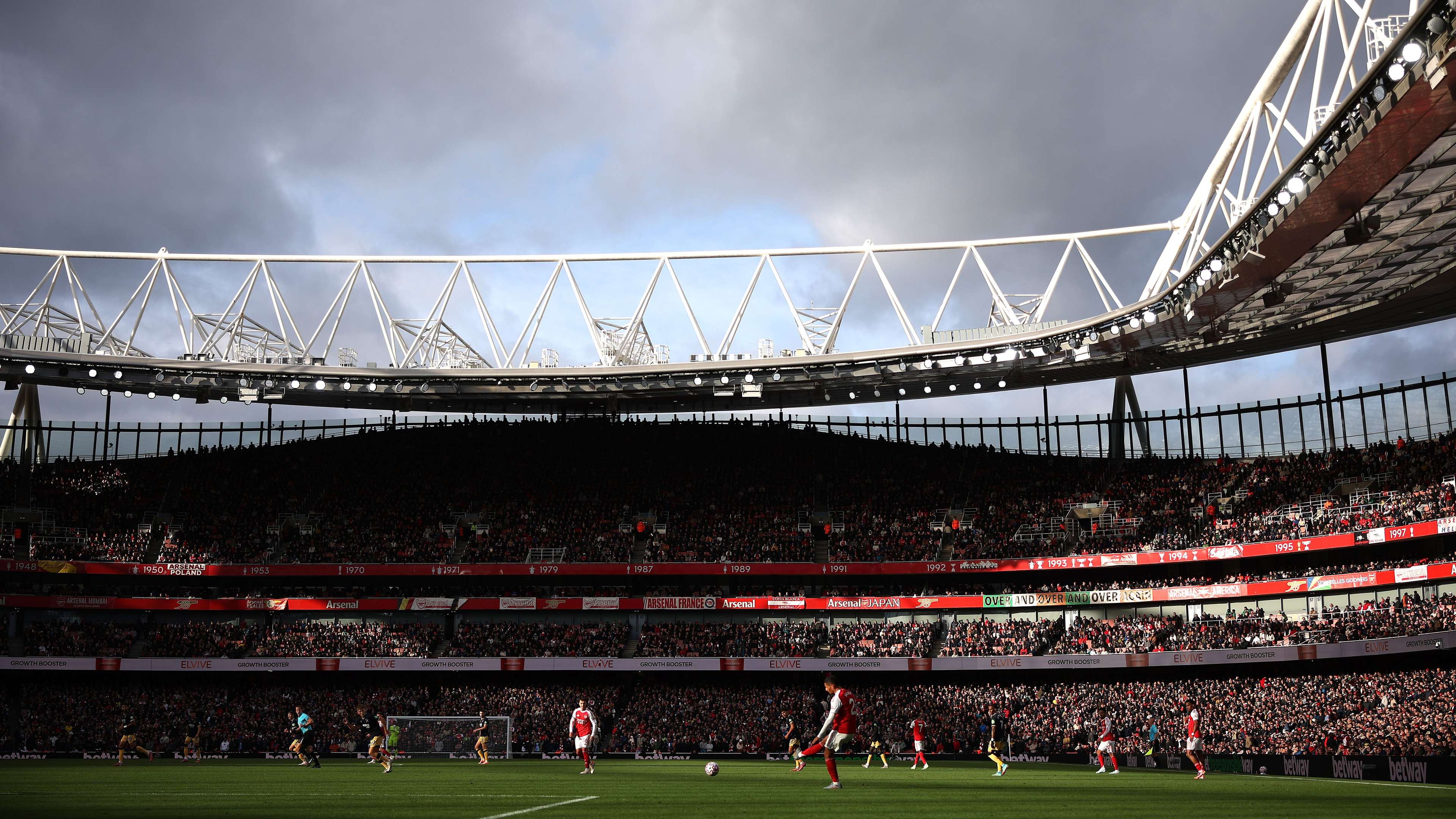
Arsenal v West Ham United – Premier League
When the Emirates Stadium opened in 2006, it was hailed as the boldest project in Arsenal’s modern history — a statement of intent that the club wanted to compete financially with Europe’s elite.
Leaving Highbury was an emotional move, but a necessary one. The new 60,000-seater venue instantly elevated Arsenal’s matchday revenue from around £37 million at Highbury to over £90 million in its early Emirates years. Yet that financial leap came at a cost: for nearly a decade, Arsène Wenger operated under tight spending restrictions as the club repaid construction loans.
Over time, Arsenal have worked to inject personality back into the steel and glass structure — a process known as “Arsenalisation”. From the statues of legends like Thierry Henry and Tony Adams to the return of the iconic Highbury Clock, these efforts turned the once-corporate Emirates into something unmistakably Arsenal.
Yet, even today, fans continue to call for improvements in atmosphere and amenities. The concourses, food options, and fan experience — while efficient — lag behind newer venues like the Tottenham Hotspur Stadium. The club’s decision to revisit both its hospitality model and infrastructure reflects a broader recognition that the Emirates, for all its prestige, needs modernising to keep pace with Premier League rivals.
Wembley: A Familiar Fallback Option
The idea of Arsenal temporarily calling Wembley home might sound radical, but it wouldn’t be without precedent. In fact, history almost came full circle.
Back in the late 1990s, when the Gunners faced planning restrictions on expanding Highbury, the club even made a formal bid to purchase Wembley Stadium outright, hoping to make it their permanent home. The Football Association rejected the proposal, but the club’s relationship with the national stadium didn’t end there — between 1998 and 2000, Arsenal played several Champions League fixtures at Wembley, drawing massive crowds.
Two decades later, the notion of a temporary return doesn’t seem so far-fetched. Should redevelopment at the Emirates proceed, Wembley represents the most viable option in terms of capacity, prestige, and location. It’s also a sentimental reminder of Arsenal’s willingness to think big when necessary.
Arsenal Expect Record Income After Emirates Revamp
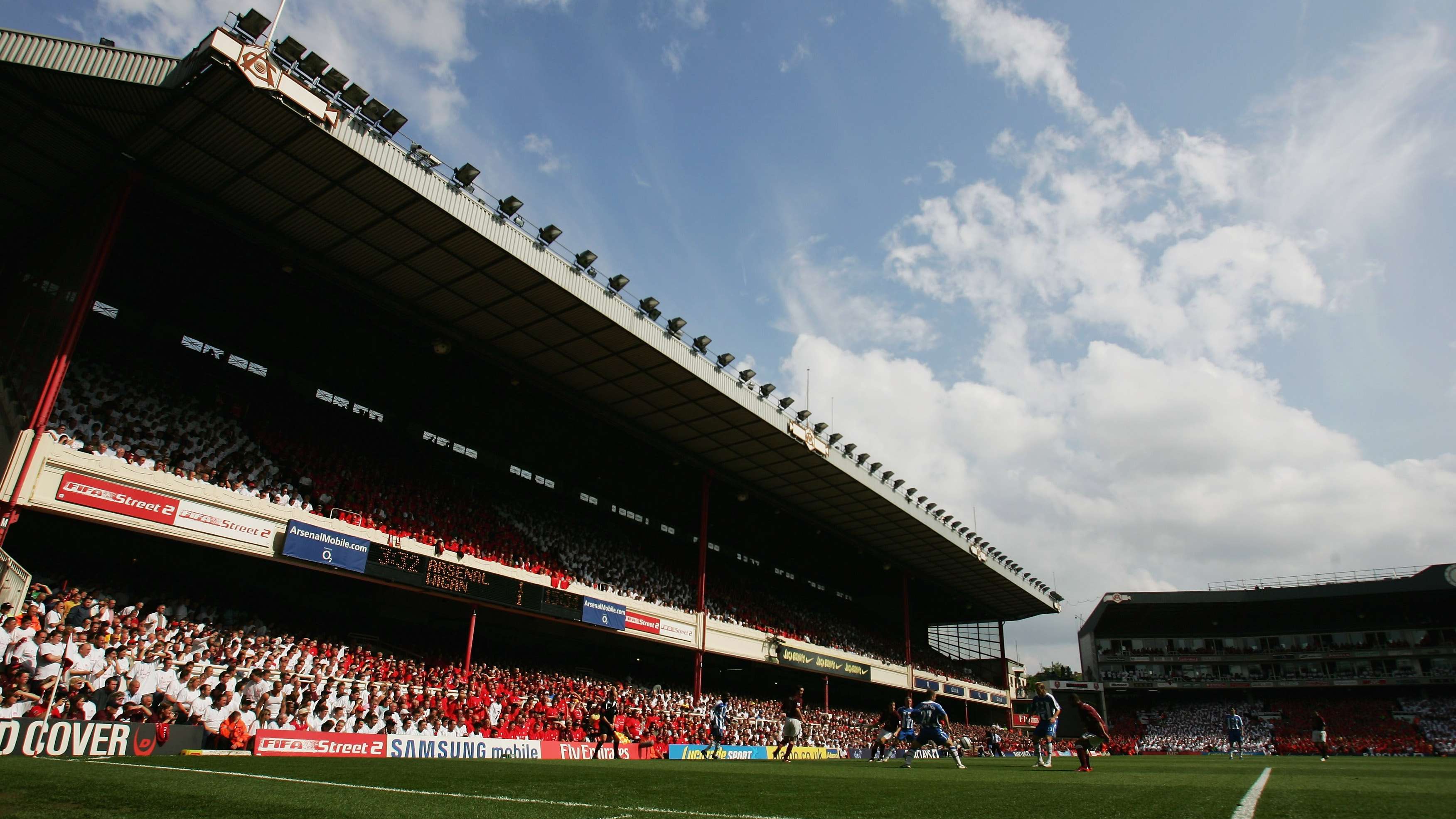
Arsenal v Wigan Athletic
With the new catering deal expected to be finalised before the 2026–27 season, Arsenal are set for a new era of record-breaking commercial growth. Club executives are confident that the revamped hospitality arrangements — along with any future capacity gains — could push annual matchday revenues beyond £140 million, narrowing the gap with Manchester United and Tottenham.
For Kroenke Sports & Entertainment (KSE), this is all part of a long-term blueprint. The ownership’s vision is to make Arsenal self-sustaining at the highest level, capable of funding both footballing ambitions and infrastructure without outside capital injections.
Behind the scenes, feasibility studies continue. The club’s leadership team — working closely with architects and financial planners — are assessing every possibility, from minor seating reconfigurations to a full-scale expansion. Sources close to the process suggest that no major work would begin before 2027, pending planning approval and financial modelling.
In the meantime, Arsenal will continue to focus on enhancing the fan experience. Expect more diverse food options, upgraded concourse facilities, and an increased focus on digital engagement on matchdays.
The Bigger Picture: Ambition Meets Stability
There’s a sense of optimism around Arsenal that extends well beyond the pitch. Arteta’s young team has reestablished the club among Europe’s elite, but the transformation isn’t just sporting — it’s cultural.
The Emirates expansion project, much like the new commercial partnerships, represents Arsenal’s determination to grow responsibly yet ambitiously. After years of operating under financial constraint, the club is finally positioned to invest in its future without jeopardising stability.
Fans will naturally be cautious. Memories of post-Highbury austerity still linger. But unlike 2006, this time Arsenal are starting from a position of financial strength, not debt.
As one senior figure at the club reportedly put it:
“We built the Emirates to get to where we are now. The next phase is about turning that foundation into something even bigger — something that secures Arsenal’s place at the top for the next generation.”
A New Era for the Emirates
If all goes according to plan, Arsenal’s next chapter will see the Emirates Stadium transformed once again — not through necessity, but ambition. A modernised, expanded home generating world-class revenue streams, filled to capacity every week, and designed to reflect the club’s proud identity.
From a new catering deal worth millions to potential expansion and a temporary move to Wembley, the Gunners are positioning themselves not just to compete — but to lead.
It’s a bold, forward-thinking move for a club that has always prided itself on doing things the right way. And if everything comes together, the cash boost for Arsenal could mark the beginning of a golden era both on and off the pitch.
















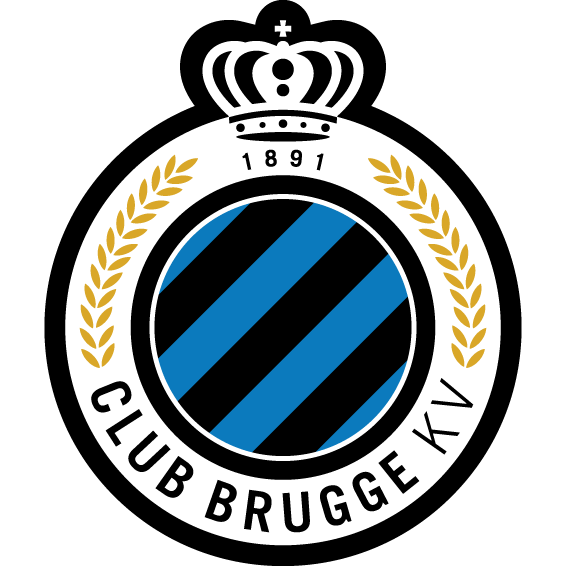

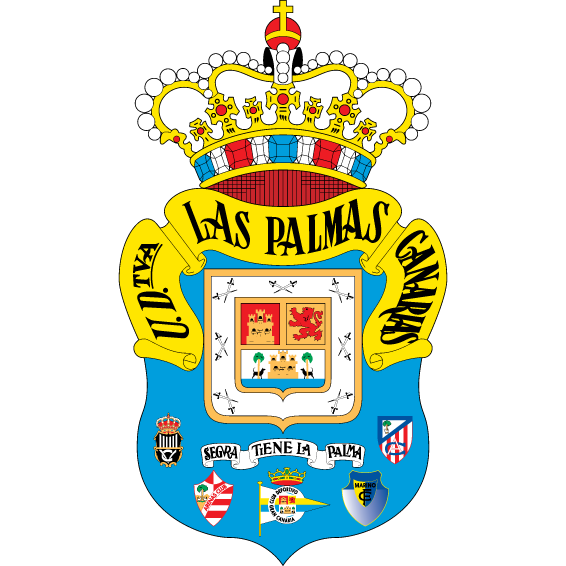







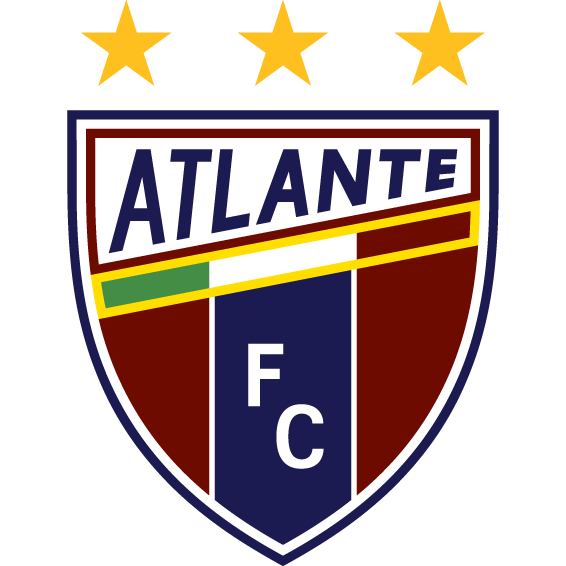









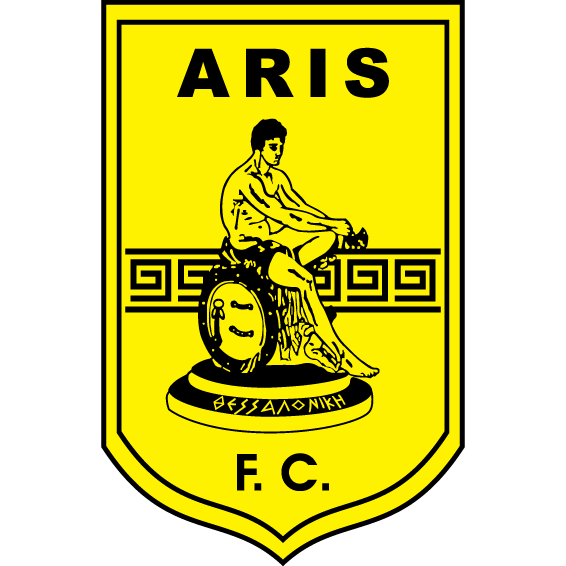









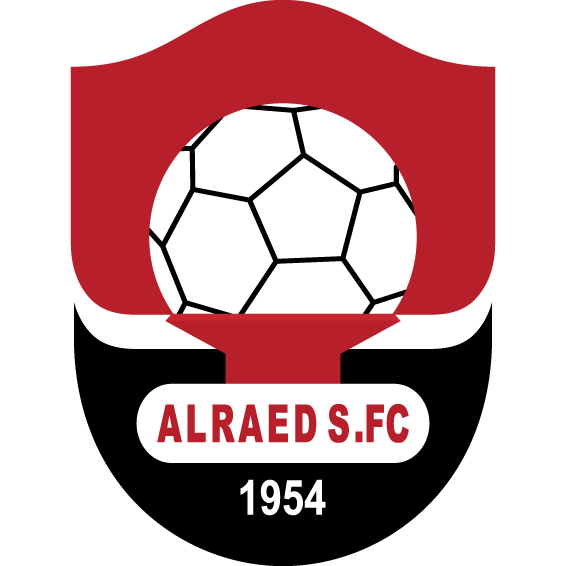


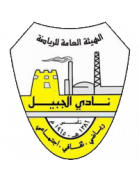


































































































































There are no comments yet. Be the first to comment!